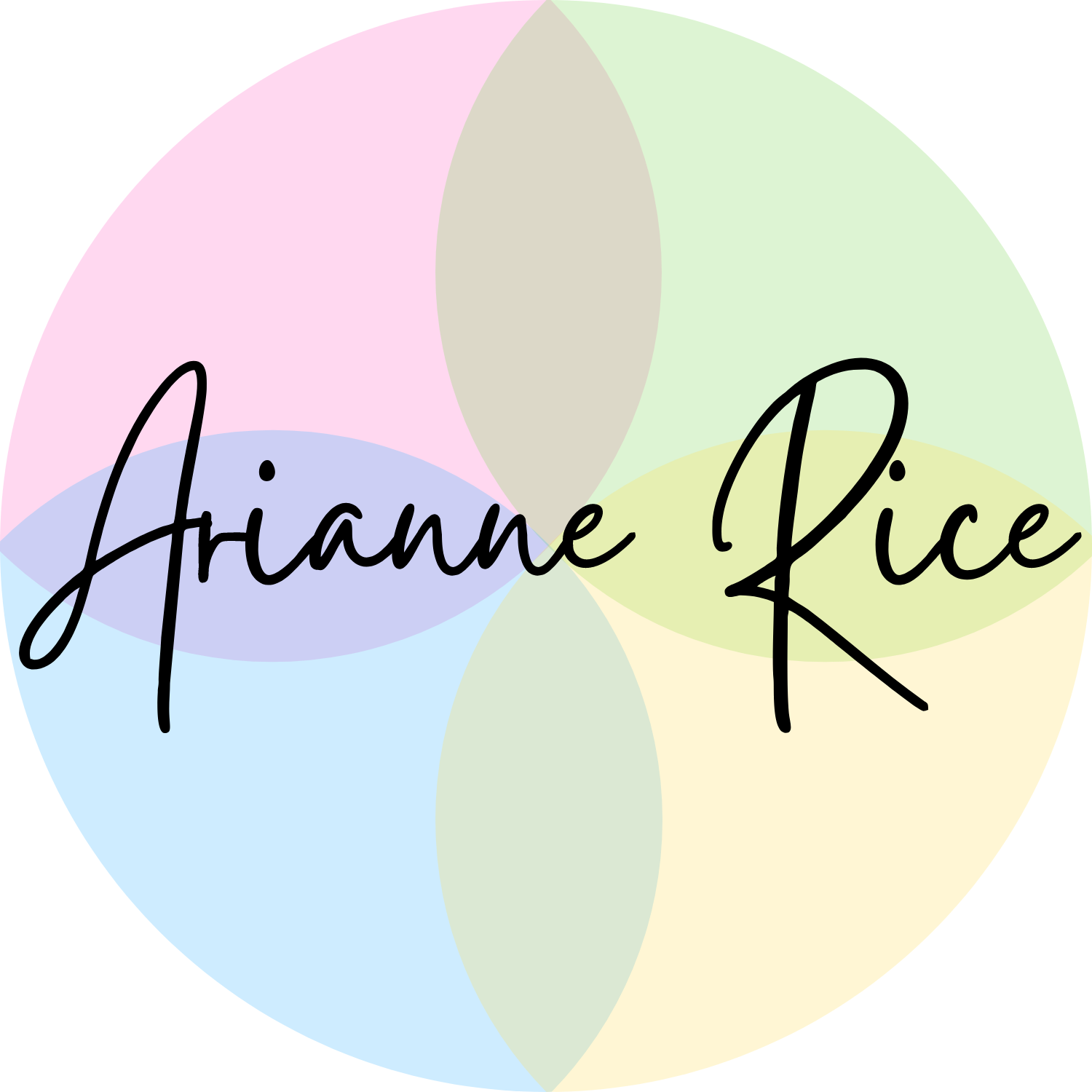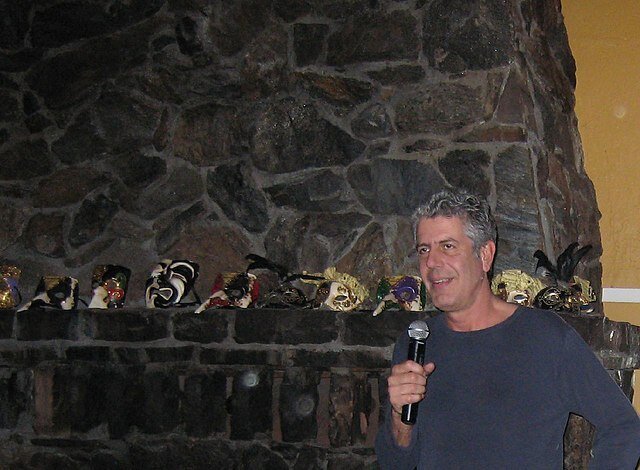How People Tell Us Who They Are
Creative Commons photo by Netta Lind
When someone’s offering you food, they’re telling you a story. They’re telling you what they like, who they are.
— Anthony Bourdain, Fresh Air Interview, 2016, rebroadcast 2021
Did you listen to this interview? I almost skipped it. It's hard listening to a person "before" the tragic event. Painfully hard to hear him share, with joy in his tone, a life-affirming truth like the above.
I know very little about Anthony Bourdain. I have never watched one of his shows, although I will. I haven't read any of his books either. I've only heard the same Fresh Air interview referenced above, twice.
The first time I heard it. The second time I listened.
It's different listening to an interview with someone who has died, isn't it? Even more so when you know how their life ended. I don't want to sound glib, just truthful. We know Bourdain ended his own life. That makes me listen with an attentiveness I did not the first time. But that isn't the only reason.
My sister ended her life in 2014. Anthony Bourdain in 2018. The same week, you remember, as Kate Spade. That was the first Sunday I was able to speak about my sister's death in a sermon. Wanting to offer supportive words to anyone who needed to hear that they were not alone, they were needed and they were loved. There was, is, and always will be a "what could I have done?" undercurrent in my thinking, which also pulled me past my resistance into the interview with Bourdain.
What I heard, this time, surprised me. I anticipated the same reaction and assessment I had in 2016. Basically an arrogant man with an overblown ego. That wasn't the case at all. He was funny, smart, likable. He spoke openly about his failings and seemed surprised by his success. It was not false humility but innate humanity. So why was my sense of him so different? It didn't take much self-reflection to answer.
I listen differently now. In the intervening years, I've learned just how much of me, myself, and I can get in the way (and used to really get in the way) of listening, of taking in how someone tells you who they are. Listening requires an appetite. If you are full, of your own thoughts, judgments, critiques, and comments there isn't room to take in much more. Who wants to eat a three-course meal when they aren't even hungry?
"We don't see things as they are, we see things as we are," wrote Anaïs Nin. Same for listening. I heard Bourdain's interview in 2016. The events of 2014 (my sister was not the only devastating death in my life that year) required quite an internal reckoning. Part of that healing meant learning to listen to me - not my inner critic - my self. Learning to listen with discernment, to notice the instantaneous and judgmental assessments of my thoughts and feelings. Learning to get curious about where those assessments and assumptions came from. To keep asking questions that prompted a bigger picture, expanded my perspectives, and created space to do what I avoided most - feel my feelings. Eventually getting to the self-compassion where I could listen to my own grief.
So, listening to Bourdain this time was different. I heard him speak with love. Love of food. Love of people. Love of travel. Love and gratitude for all he has been able to do with people who create and share food for its true purpose - to sustain life and strengthen relationships. I heard a man who struggled. Talking candidly about numbing behaviors begun at an early age. I heard someone who was lost until he discovered the joy of being part of a kitchen team even though he was a low rung on the ladder. Being a dishwasher wasn't glamorous but it was a job with clarity! Dirty dishes go in - clean dishes come out. Who doesn't relate to that sense of satisfaction?
I heard a person working at listening to himself. He confessed that he traveled back to Borneo, to launch his second show, not because of the place or the food, but "to revisit an old wound" after a failed relationship. Who doesn't relate to trying to find peace and healing when a relationship ends?
I listen to this interview and want to revisit an old wound. I listen to this interview and wish I could listen to an interview with my sister. I listen to this interview and want to post the National Suicide Prevention Hotline on every feed I have (1-800-273-8255).
I listen to this interview and feel feelings I do not like to have. But I do anyway because I know I will always feel them. I don't want to get over them anymore.
I'm writing this post for LinkedIn, so there is this "imposter" part of me that says I should conclude with - Listening is a powerful tool that helps you empower, blah, blah, blah. But I don't want to listen to that imposter's voice. That would be a disservice to the interview and how much Bourdain's words offered to me.
So, I will conclude with this. Listening is vulnerable and that is why it is powerful. I have to listen to myself and do my work. That is what enables me to listen with my heart in the service of others. Because listening from and to that "place" is where I discover everything - the purpose, the next step, the decision - all the guidance that matters.
When someone is offering their words, insights, experiences, and stories, they tell you who they are and what they are like. When this is paired with good food it is glorious. I am grateful for the words I heard Bourdain share and look forward to listening to more. I am grateful to be invited into people's lives and do the work of listening. It is life-affirming.


